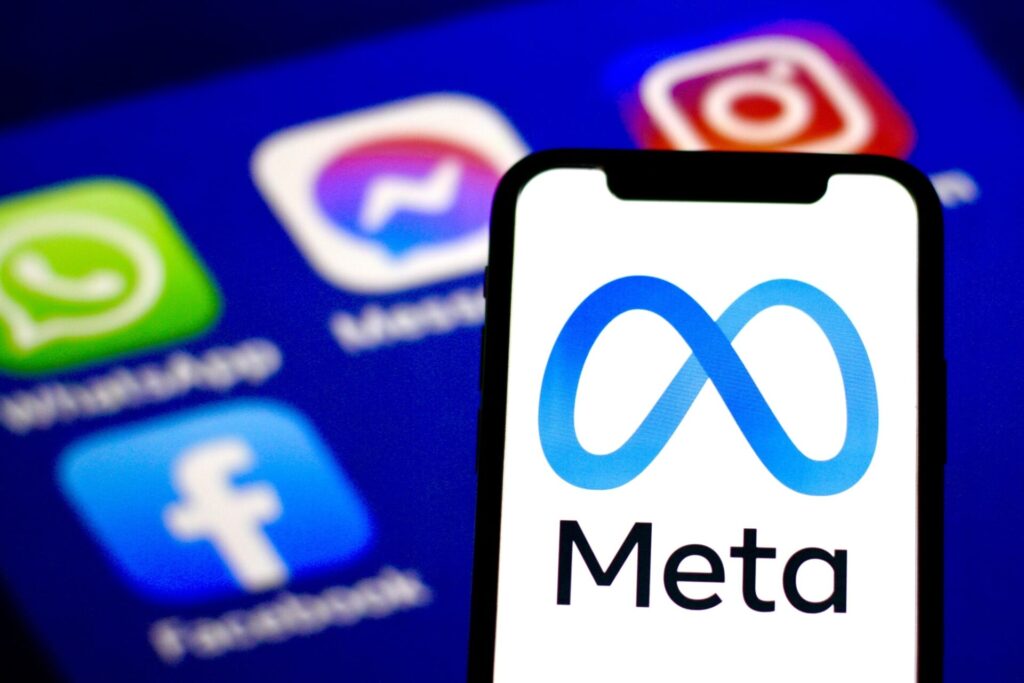How Meta’s New Privacy Changes Will Affect Social Media Advertising

At Pink Dog Digital, we keep a close eye on how digital and social media marketing is evolving so our clients can stay ahead. Recently, Meta—the parent company of Facebook, Instagram, and WhatsApp—announced a series of new privacy changes that will significantly impact the world of social media advertising. These shifts are part of a broader trend prioritizing user data protection, and they’re bound to reshape the way brands approach audience targeting, data collection, and campaign performance.
If your business relies on social media for lead generation, customer engagement, or conversions, here’s what you need to know about how Meta’s new privacy changes could affect your strategy—and what you can do to adapt.
Understanding Meta’s New Privacy Framework
In response to growing consumer demand for transparency and legal pressure from regulations like the GDPR and CCPA, Meta is taking serious steps to give users more control over their personal data. Here are some of the major changes being rolled out:
- Limited Data Sharing: Meta is reducing the amount of third-party data available to advertisers for targeting purposes.
- Enhanced User Permissions: Users will now see more explicit prompts about how their data is being used and will be given greater ability to opt out of tracking.
- AI-Powered Privacy Tools: Meta is implementing AI-based systems that allow for anonymized, privacy-preserving ad targeting using aggregated data.
- Deeper Integration with Apple and Android Privacy Policies: Following Apple’s App Tracking Transparency (ATT) feature and Android’s Privacy Sandbox initiative, Meta is adjusting how it collects data through apps.
While these changes are great for consumers, they present several challenges for marketers and business owners who rely on Meta platforms to drive measurable results.
The End of Hyper-Personalization?
One of the biggest blows to advertisers is the reduced access to detailed user behavior data. Custom audiences and lookalike audiences, which have historically powered high-performing campaigns, will become less accurate. The granularity of user interest and behavior targeting is being scaled back in favor of broader categories.
What does this mean in practice?
- Lower ROAS for Some Campaigns: With less precise targeting, advertisers might see lower return on ad spend, particularly for campaigns focused on cold audiences.
- Less Reliable Attribution: Since Meta will no longer have access to all conversion data, attribution models will become less clear, making it harder to track what’s working.
However, all is not lost. These changes force marketers to adopt better, more ethical strategies that focus on long-term relationships instead of short-term gains.
First-Party Data Becomes King
With third-party cookies and data becoming less reliable, businesses must pivot to collecting more first-party data—information obtained directly from their customers. This includes email addresses, phone numbers, and behavioral data collected from your own website or CRM.
How to Shift Toward First-Party Data:
- Offer valuable lead magnets (like eBooks, webinars, or discount codes) in exchange for email sign-ups.
- Use quizzes or surveys to gather useful information about your audience’s preferences.
- Encourage customers to create accounts on your website or engage with loyalty programs.
By owning your data, you’ll be less dependent on Meta’s targeting tools and more in control of your marketing.
Creative and Content Now Play a Bigger Role
With targeting options shrinking, your ad creative needs to do the heavy lifting. This means crafting compelling visuals, copy, and offers that resonate with a broader audience. It’s no longer just about putting the right ad in front of the right person—it’s about making your message so strong that it connects regardless of the audience.
Tips for Creative Excellence:
- A/B test multiple variations of ads to find what drives the most engagement.
- Use short-form video, especially Reels, to grab attention quickly.
- Prioritize storytelling in your ads—human-focused narratives outperform traditional promotional content in this new era.
- Tap into user-generated content to showcase authenticity and social proof.
As the playing field levels in terms of data, strong, creative content is going to become the new differentiator.
Prepare for Increased Ad Costs
With more advertisers competing for a smaller pool of targeted users, ad costs may rise. This is particularly true for high-demand demographics or industries like e-commerce and real estate.
To manage your budget more effectively:
- Shift some budget toward retargeting warm audiences using your own data.
- Focus on high-converting landing pages and sales funnels to improve ROI.
- Explore organic reach through Reels, Stories, and influencer partnerships to support your paid efforts.
What Businesses Can Do Right Now
To adapt to Meta’s new privacy-first model, consider taking the following steps:
- Audit Your Current Advertising Strategy: Identify where you’re overly reliant on Meta’s data for targeting or attribution.
- Diversify Your Marketing Channels: Don’t put all your eggs in one basket. Explore search engine marketing (Google Ads), email marketing, and SEO to create a more resilient marketing mix.
- Enhance Your Website Tracking: Invest in server-side tracking solutions or Meta’s Conversions API to improve data collection without violating privacy laws.
- Educate Your Team: Make sure your marketing staff understands the implications of privacy laws and Meta’s changes. It’s time for a culture shift toward responsible marketing.
- Lean into Trust and Transparency: Consumers appreciate honesty. Make your privacy policies clear and communicate the value they get from sharing their information with you.
The Bottom Line
Meta’s new privacy changes may mark a significant shift for advertisers, but it’s not the end of effective social media marketing. In fact, it’s an opportunity to refine your strategy, get closer to your customers, and build a more sustainable digital presence.
By focusing on high-quality content, collecting first-party data, and adapting to new ad tools, your business can continue to thrive—even as the social media landscape evolves.
Let Pink Dog Digital Help You Adapt to Meta’s Privacy Changes
Navigating these changes doesn’t have to be overwhelming. At Pink Dog Digital, we specialize in helping small and mid-sized businesses stay ahead of the curve with ethical, effective digital marketing strategies.
Our team can help you:
- Build a first-party data collection strategy
- Optimize your ad creatives for broader targeting
- Set up advanced tracking tools like Meta’s Conversions API
- Craft content that resonates in a privacy-first world
Call us at 410-696-3305, email us at pinkdogdigital@gmail.com, or visit our Contact Us page to get started. Let’s work together to future-proof your digital advertising!

